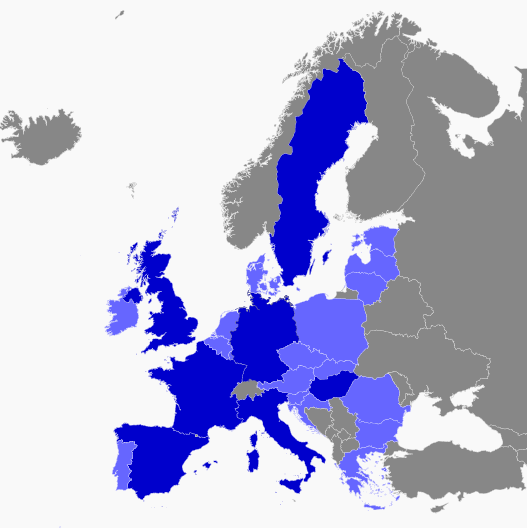The following brief set of rules for the production of "easy to read" materials in English has been published by the Government of the UK (on https://www.gov.uk/government/publications/inclusive-communication/accessible-communication-formats#easy-read-and-makaton) [Accessed in June 2020]
----------------
How to produce easy read materials:
- keep the number of pages to 24 or less. If there are more, break the text up into more than one publication
- keep sentences short â they should be no more than ten to 15 words
- each sentence should have just one idea and one verb
- use 14 point font size
- make sentences active not passive: âwe are following up your complaintâ (active tense) not âyour complaint is being followed upâ (passive tense)
- take out words that are not needed, for example, say âfor 14 daysâ not âfor a period of 14 daysâ
- include a glossary explaining abbreviations and jargon, and an index, at the end of the document
- use full words not acronyms
- if you need to use difficult words or ideas, say what they mean â do this in the next sentence, not as part of the same sentence
- use a different colour or bold type but keep a good contrast with the paper
- use pictures to support the meaning of your text
----------------











